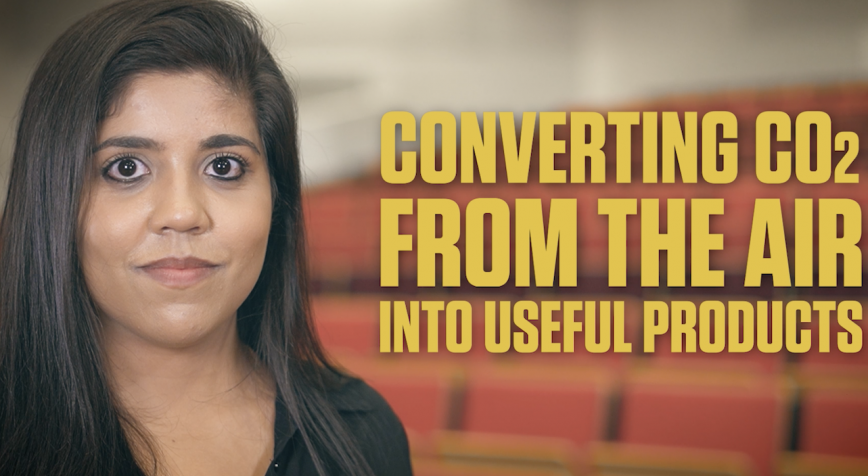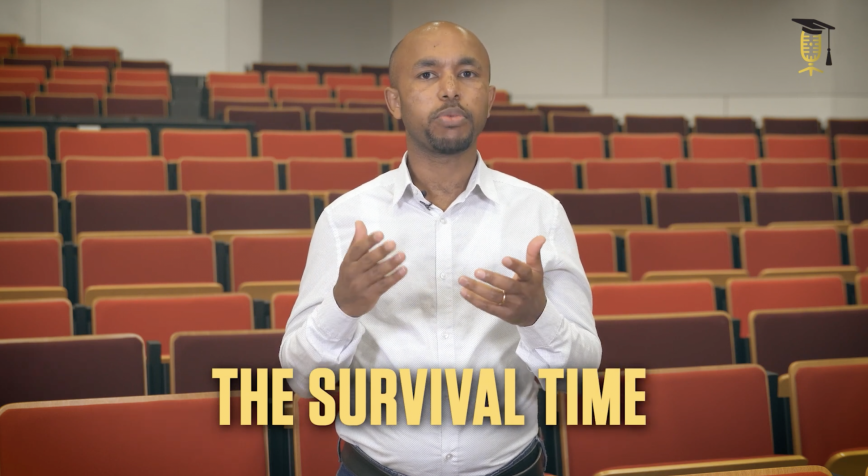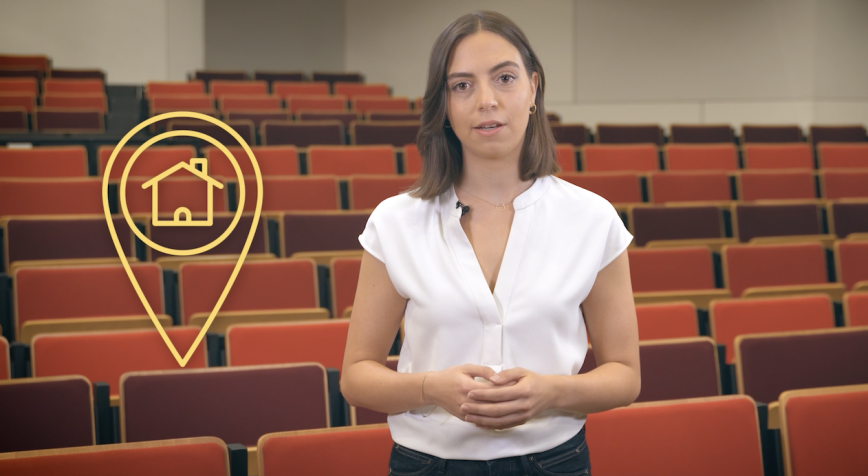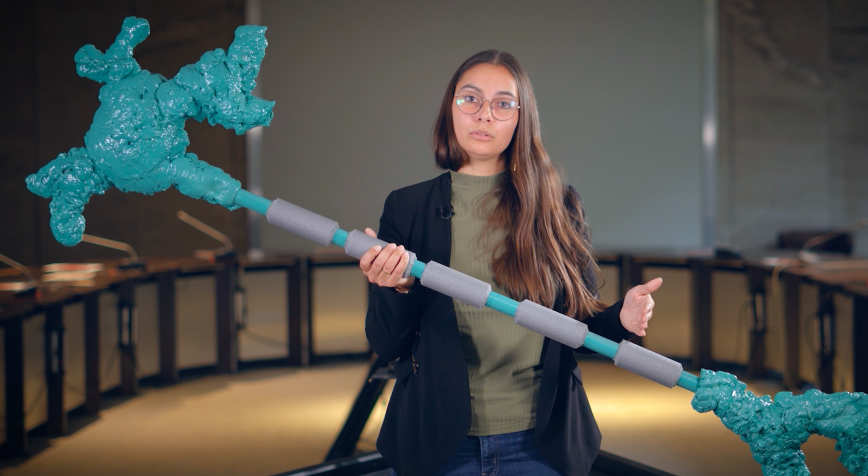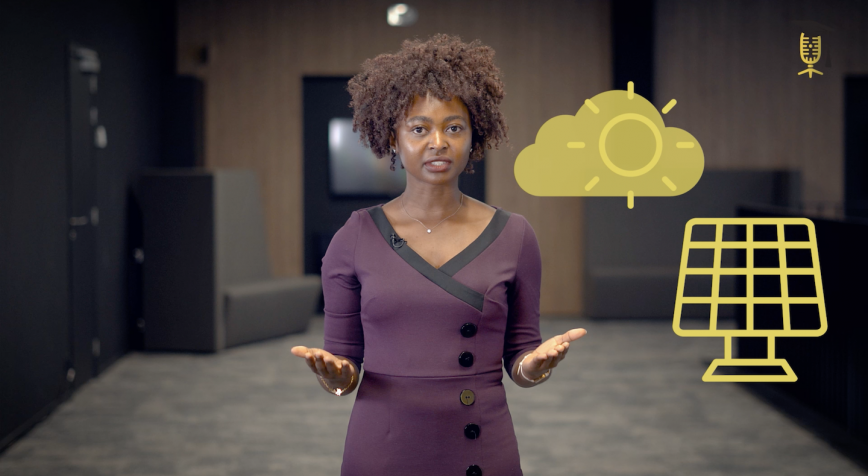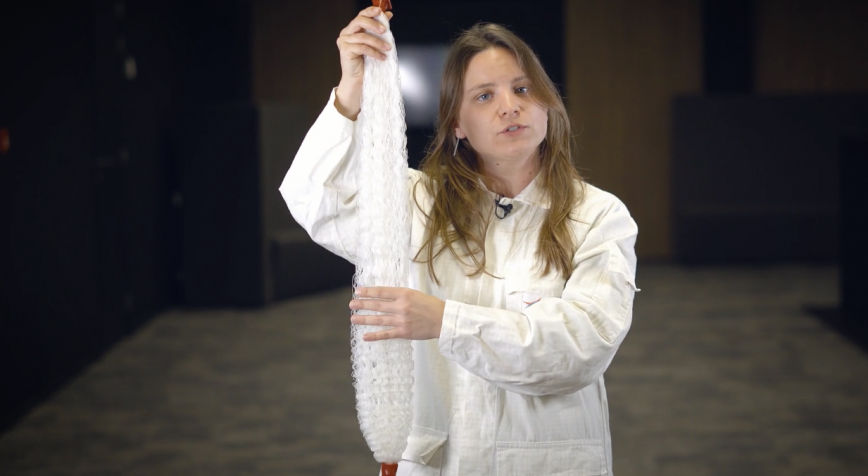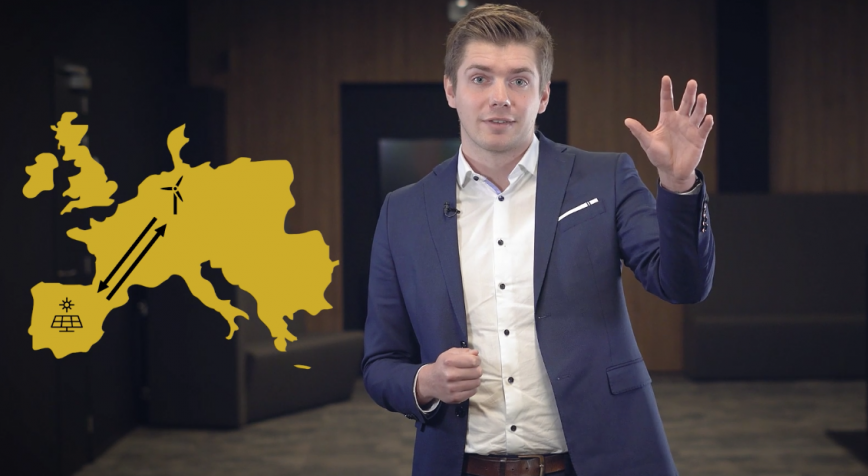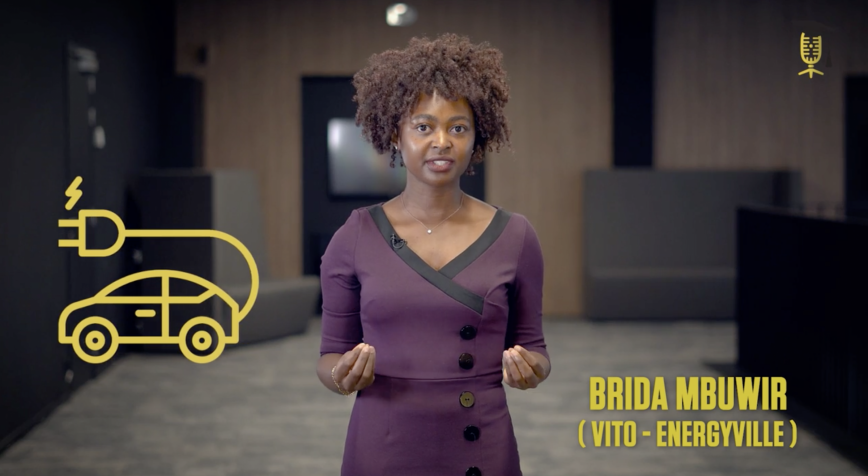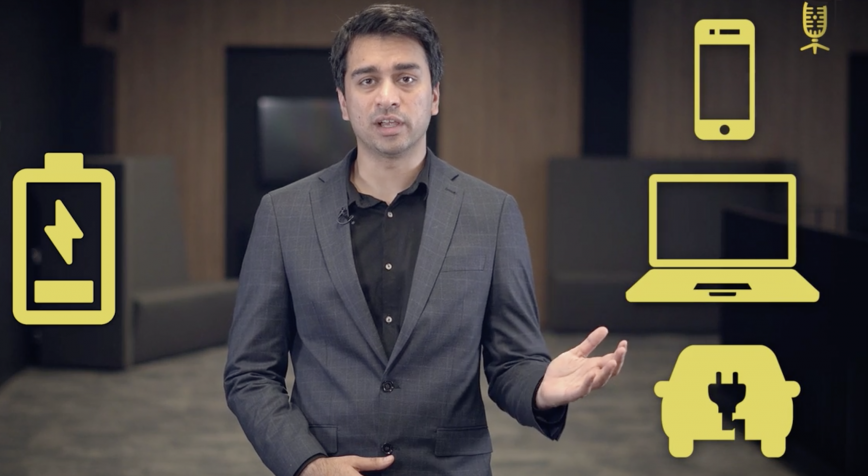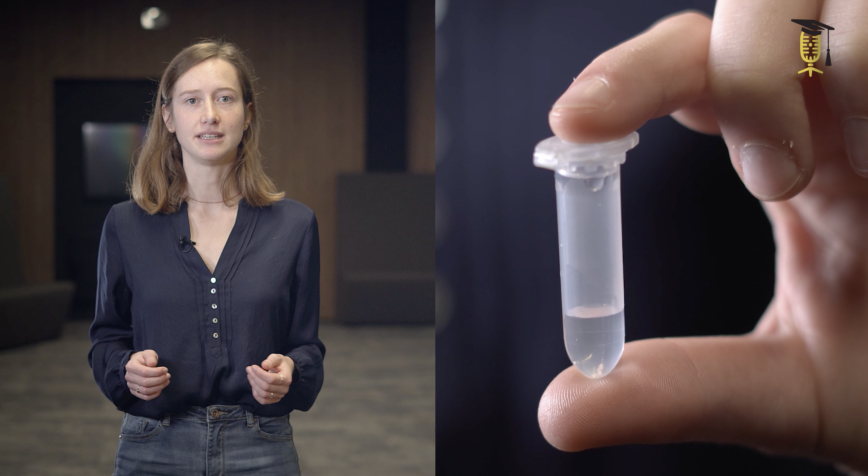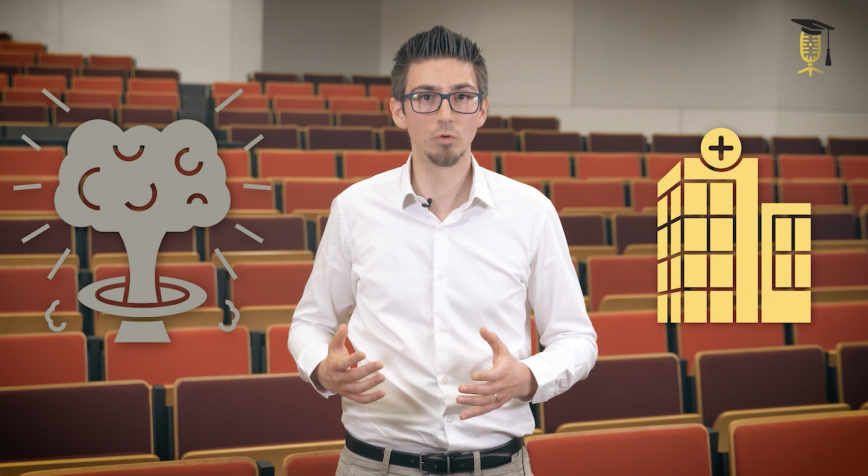
UHasselt
Improving the detection of clandestine nuclear weapon tests
Did you know that the earth is continuously monitored to detect clandestine nuclear weapons testing? Unfortunately, hospitals and other civilian installations throw a spanner in the works. These also emit radioactive xenon gas in very small & harmless quantities, but this turns out to be enough to disturb the detection. Christophe Gueibe explores how to help solve this problem so that we can better detect clandestine nuclear weapons tests.
